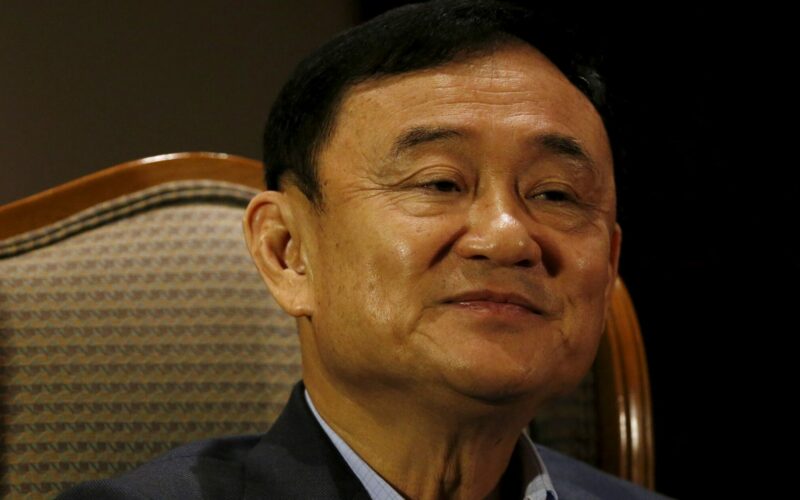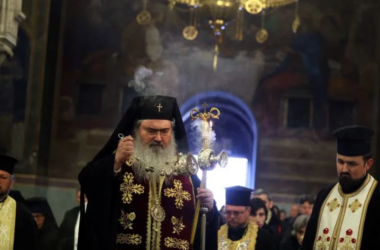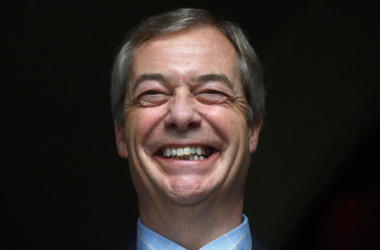Thailand’s former Prime Minister Thaksin Shinawatra, who returned to the country last year after 15 years in exile, is set to go on trial next month for charges of insulting the monarchy. This case pertains to an interview the billionaire politician gave to South Korean media in 2015 while he was in self-imposed exile.
Prayuth Pecharakun, a spokesman for Thailand’s attorney general, announced that Thaksin, aged 74, has been summoned to appear in court on June 18 to face charges under Thailand’s lese-majeste law, one of the strictest in the world. Additionally, Thaksin faces charges of violating the Computer Crime Act.
Thaksin, a prominent telecommunications tycoon, was initially elected as prime minister in 2001 but was ousted five years later in a military coup amid widespread protests and dissatisfaction from the pro-royalist, pro-military elite. Despite his exile, Thaksin’s populist movement continued to win elections, though these victories were often short-lived due to coups and court rulings.
The current charges stem from accusations made by the military leaders who took power from Thaksin’s sister, Yingluck Shinawatra, in 2014. The allegations are linked to an interview Thaksin gave to South Korean media in 2015. “The attorney general has decided to indict Thaksin for insulting the monarchy,” Prayuth told reporters.
Thaksin returned to Thailand last August after the Pheu Thai party, led by his daughter, formed a coalition government. This coalition came into power after establishment-aligned senators blocked the election-winning Move Forward Party, which had campaigned for reforms to the military and the monarchy, from forming a government.
Thailand’s lese-majeste laws, which protect King Maha Vajiralongkorn and his immediate family, have been increasingly used since 2020 to stifle political dissent. Each charge under this law carries a potential 15-year prison sentence. Thaksin’s lawyer, Winyat Chatmontree, stated that Thaksin would contest the charges, saying, “He is ready to prove his innocence in the justice system.”
Critics argue that the lese-majeste law has been misused to suppress legitimate political debate. Since the onset of the 2020 protests demanding reform of the monarchy, over 270 individuals have been charged under this law, according to Thai Lawyers for Human Rights.
Thaksin’s return to Thailand coincided with Pheu Thai’s Srettha Thavisin becoming prime minister in alliance with pro-military parties, leading to speculation of a deal to reduce Thaksin’s jail time on corruption-related charges. Subsequently, the king reduced Thaksin’s sentence from eight years to one, and Thaksin was released on parole in February after spending most of his six-month detention in a hospital.
Thaksin, who claims to be retired, has made several public appearances since his release and has reiterated his loyalty to the crown. Meanwhile, the Move Forward Party faces potential dissolution by the Constitutional Court over its pledge to amend the lese-majeste law.








